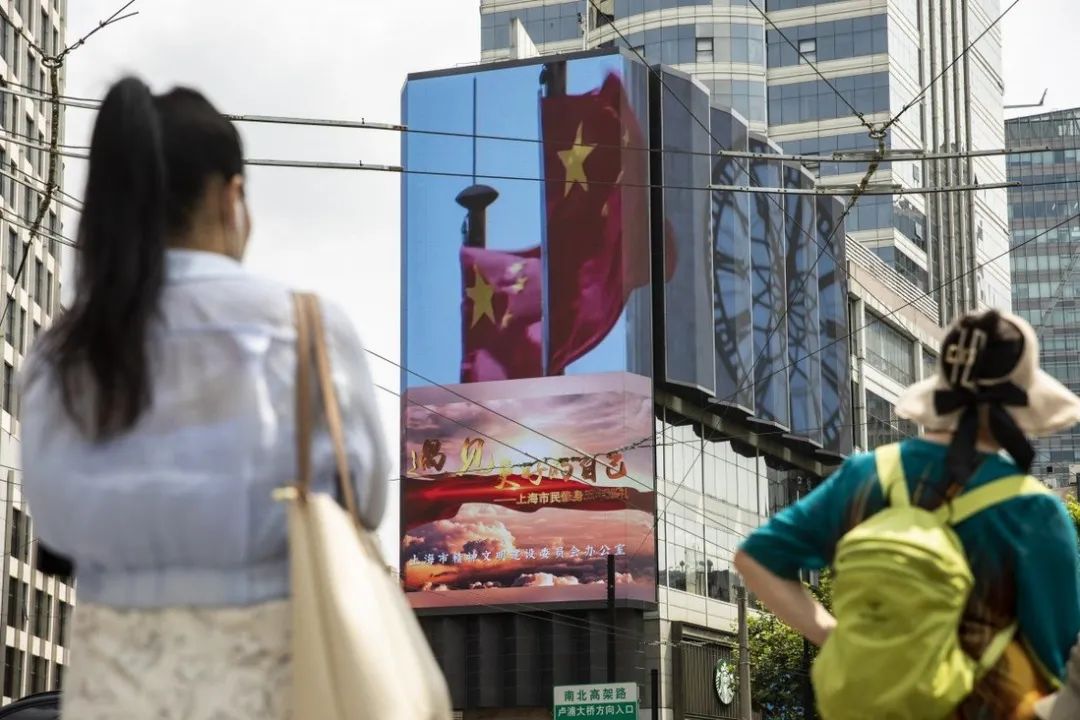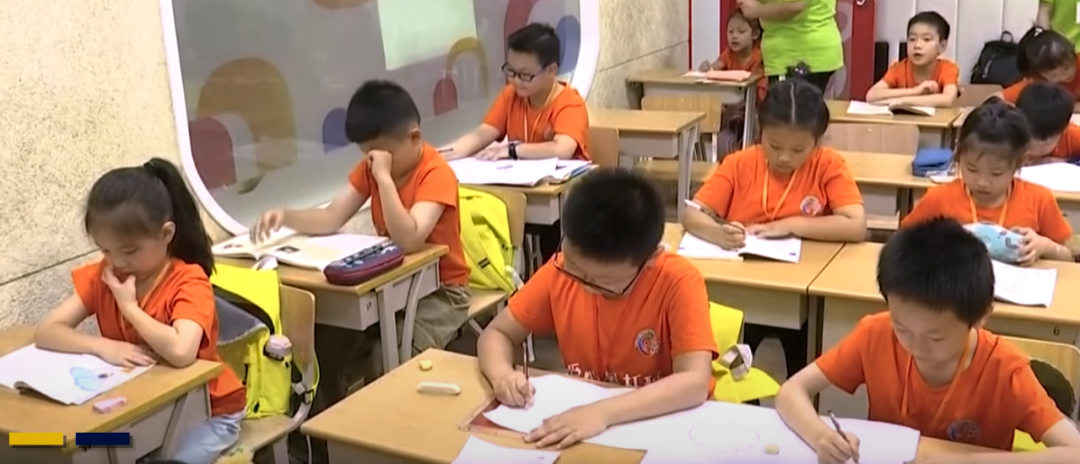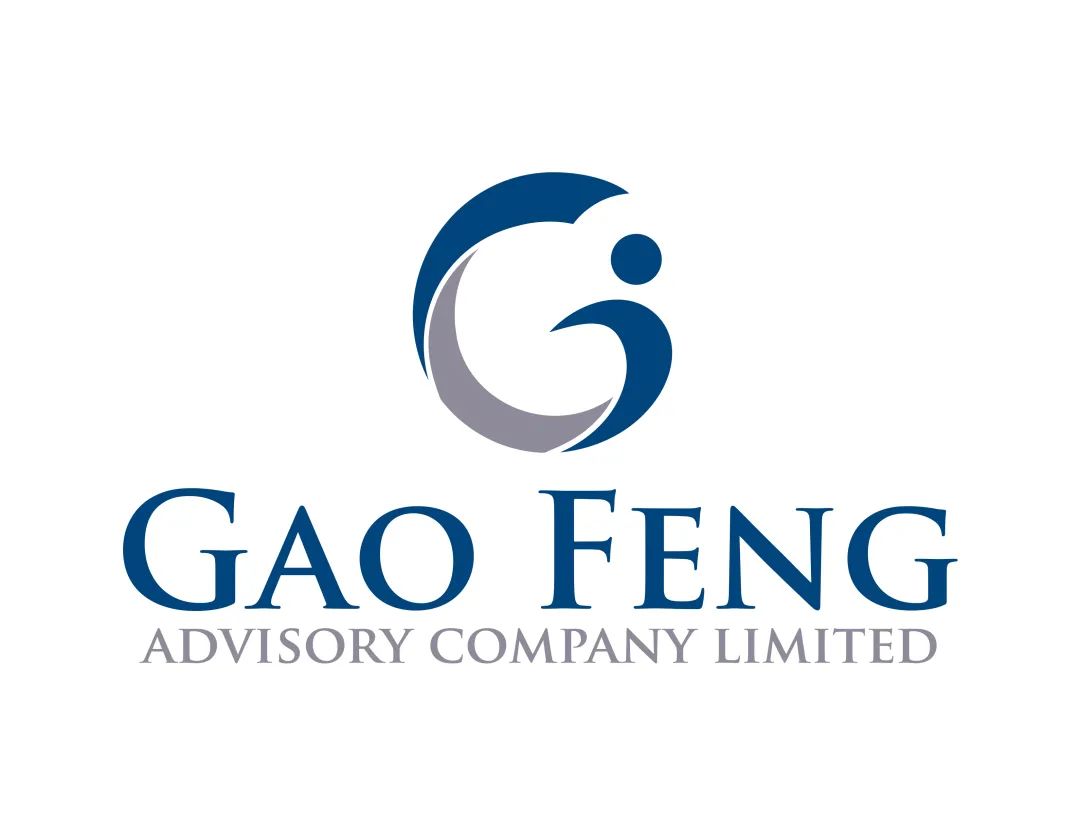SCMP | How China's Tech Crackdown Lays Foundation
How China's Tech Crackdown Lays Foundation For Future Growth

By Edward Tse
2021-8-20
Originally published by South China Morning Post on August 20, 2021. All rights reserved.
Recent regulatory actions by the Chinese government towards the tech industry have raised concerns for many people. Starting from the postponement of Ant Group’s IPO to the complete overhaul of regulations governing private tutoring and additional regulations on other market leaders, many are wondering whether these steps constitute a sudden change in the government’s attitude towards private enterprise.
In the past decade or so, Chinese entrepreneurs have been quick to leverage the internet to build innovative business models. As a result, e-commerce, “new retail”, mobility services, food delivery and the like have created many highly valued companies.
Though the recent tightening of regulations on tech companies has happened abruptly, the reasons vary. Ant Group’s initial public offering was postponed because of concerns over excessive financial leverage, which implied potential major risks to society. Alibaba and Meituanwere penalised for insisting merchants choose only one platform. Didi Chuxing listed on the New York Stock Exchange on June 30, but did not fully comply with China’s regulatory requirements on data security and is now being told to do so.
For Meituan, the mandate to pay basic benefits to its delivery people is a workers’ welfare measure. And regulations on private tutoring were tightened amid concerns about the increasingly exorbitant costs of children’s education, which could hamper the new, relaxed childbirth policy.

When viewed in the proper context, these measures are not really alarming. Even so, the Chinese government’s determination and speed in addressing these concerns may well be unique.As I wrote earlier, China is in search of “modernity with Chinese characteristics”. When thinking of the future, China also considers its rich past.
China is attached to traditional ways and yet is open to imported ideas such as Marxism and capitalism. It adheres to the principles of socialism, but it also embraces the dynamism of a market economy. Focused on the “great rejuvenation of the Chinese nation”, it also advocates a “shared future for mankind”.
There is an element of duality but also a sense of oneness in Chinese culture, which has shaped Chinese civilisation for more than 1,000 years. Thus, the Chinese government is promoting collective interests while continuing to allow individual pursuits of financial well-being.
Mass experimentation has been a major characteristic of China’s era of reform, with a delicate balance between collectivism and individualism evolving continuously. During the early days of reform, the emphasis was on bringing in more capitalism and allowing private entrepreneurs to experiment. As some forms of extreme capitalism began to emerge, this started to upset the delicate balance.
At the same time, technological advances and geopolitics have influenced China’s nation-building in significant ways, rendering issues such as cross-border data security important. Thus, the pendulum began to swing towards collective interests. While existing “red lines” applicable to corporate and investors are shifting, new ones are also emerging.
The recent regulatory actions did not come out of nowhere. President Xi Jinping had already warned of the negative impact of the overemphasis on out-of-school tutoring in a 2018 speech.
He said some private tutoring institutions had “increased the burden of students and families’ financial burden” and “violated the laws of education”, as well as “disrupted the normal order of education”. In addition, he said the education industry “cannot turn into a profit-driven industry”.
In a speech at the China Internet Conference, former Chongqing mayor Huang Qifan criticised the business models of internet platforms. He said he found four major problems: seeking scale and a monopoly position by “burning money”, designing products that take advantage of human weakness, collecting excessive user data and indulging in unfair practices.
“This type of business model does not produce optimal allocation of resources and has a limited contribution to overall value creation in society,” Huang said.China’s 14th five-year plan has underscored the priority on technological innovations and the need for technological self-sufficiency. One of the drivers for this was the US government’s sanctions on core technologies such as high-end semiconductor chips.
The Chinese government has also put forward a “dual circulation” economic policy that calls for greater emphasis on domestic supply and demand that coexists with international trade. This relies on the continuous increase in demand from China’s fast-growing middle class that desires higher-quality products and services.
Going forward, the “hard tech” that can help the pursuit of innovation, products and services for the growing middle class and lower-income segments of the society, besides bettering the overall environment, will become more prevalent. Along the way, consideration of collective interests will be a key part of investment decisions. That is the essence of “common prosperity”, a concept underscored by Xi in his recent speech at the Central Finance Committee.
These sudden and drastic corrections could be painful for some but they will set the foundation for future growth. In the meantime, the red lines are being repositioned and redefined.
However, there is much more to do and a large range of companies and investors will need to join in. Some of these initiatives are likely to take the form of public-private partnerships.
More start-ups and investors will benefit from the new focus as long as they choose the right path for investment and take into account the new line of thinking. The search for a Chinese version of modernity continues.
About the Author
Dr. Edward Tse is founder and CEO, Gao Feng Advisory Company, a founding Governor of Hong Kong Institution for International Finance, Adjunct Professor of School of Business Administration at Chinese University of Hong Kong and Professor of Managerial Practice at Cheung Kong Graduate School of Business. One of the pioneers in China’s management consulting industry, he built and ran the Greater China operations of two leading international management consulting firms (BCG and Booz) for a period of 20 years. He has consulted to hundreds of companies, investors, start-ups, and public-sector organizations (both headquartered in and outside of China) on all critical aspects of business in China and China for the world. He also consulted to a number of Chinese local governments on strategies, state-owned enterprise reform and Chinese companies going overseas, as well as to the World Bank and the Asian Development Bank. He is the author of several hundred articles and five books including both award-winning The China Strategy (2010) and China’s Disruptors (2015), as well as 《竞争新边界》 (The New Frontier of Competition), which was co-authored with Yu Huang (2020). He holds a SM and s SB in Civil Engineering from the Massachusetts Institute of Technology, as well as a PhD and an MBA from University of California, Berkeley.


Gao Feng Advisory
Gao Feng Advisory Company is a professional strategy and management consulting firm with roots in China coupled with global vision, capabilities, and a broad resources network
Wechat Official Account:Gaofengadv
Shanghai Office
Tel: +86 021-63339611
Fax: +86 021-63267808
Hong Kong Office
Tel: +852 39598856
Fax: +852 25883499
Beijing Office
Tel: +86 010-84418422
Fax: +86 010-84418423
E-Mail: info@gaofengadv.com
Website: www.gaofengadv.com
Weibo: 高风咨询公司
